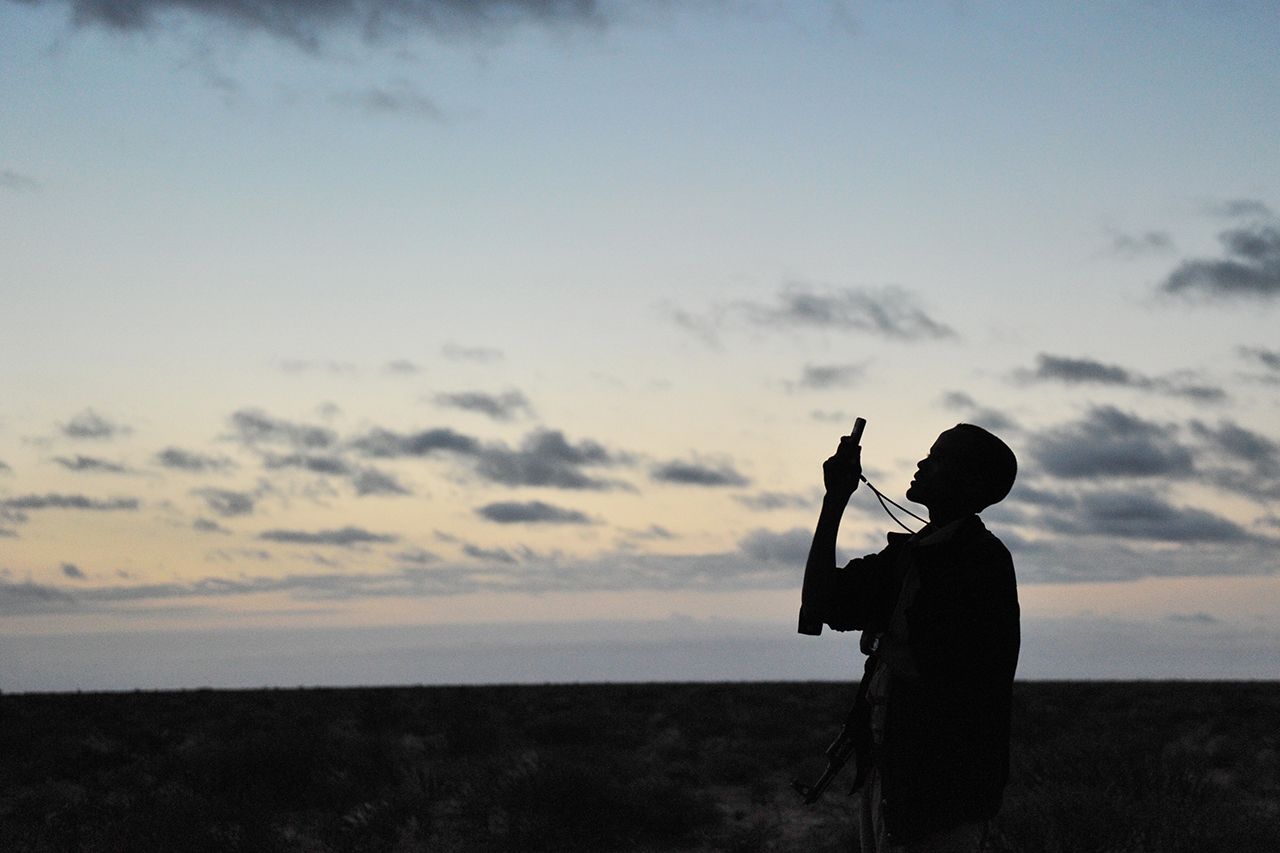Mark Zuckerberg, king of Facebook, has launched his Internet.org service in Africa to bring internet to areas that otherwise couldn't get online.
On the face of it this Facebook funded venture is wonderful. Launched in Zamibia initially it'll allow people to access free internet from their mobiles. Airtel network users will be able to access certain sites like Wikipedia, Messenger, Facts for Life, Facebook and more.
With 85 per cent of the world's population with access to cellular coverage and only 30 per cent of those people online this project makes sense. It's a great way to educate people allowing them to make better health decisions and potentially live longer. But, of course there's an ulterior motive.
Of all the important educational sites this project allow people access to, it also gives free Facebook access. Some might say this is a shrewd move to make less economically developed countries addicted and reliant on services like Facebook so that when they ultimately have to start paying for internet connections they at the mercy of the few suppliers. It could also be seen as a segway to Facebook owned WhatsApp being used as the go-to communication method worldwide.
But with both Facebook and Google working on global internet coverage solutions from solar drones to Wi-Fi balloons there should still be competition on pricing. Although both will have found a huge audience to sell more advertising to and mine the data of – ultimately making them more money.
The full list of sites accessible for the Internet.org app are: AccuWeather, Airtel, eZeLibrary, Facebook, Facts for Life, Google Search, Go Zambia Jobs, Kokoliko, MAMA (Mobile Alliance for Maternal Action), Messenger, Wikipedia, WRAPP (Women’s Rights App), Zambia uReport .
The initiative is currently available in Zamibia via Airtel but will roll out to other parts of the world in due course.
READ: Internet.org is the real reason behind Facebook WhatsApp deal, and here's why

